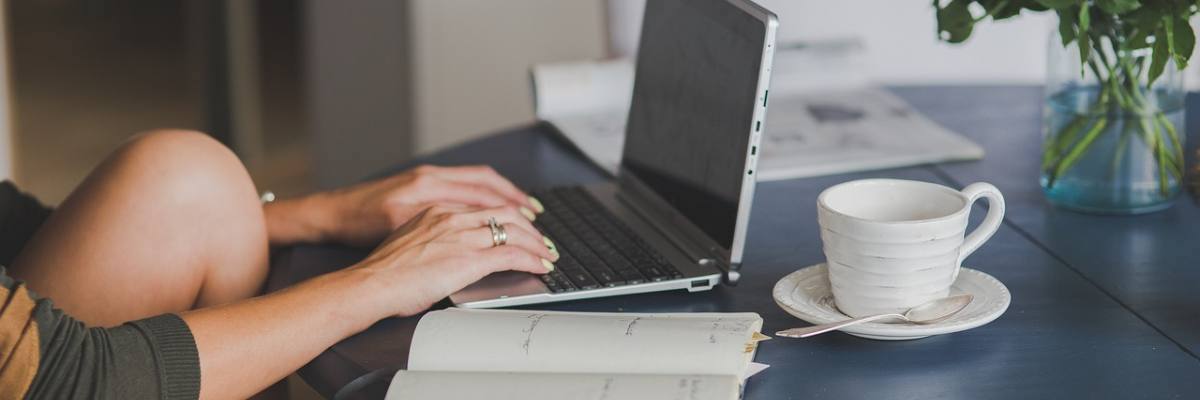Safety tips when hosting an au pair
You have been in contact with your future au pair via skype, telephone, email etc. and signed the au pair contract for the upcoming stay? Time to think about a few safety points so that you can look forward to a happy and successful au pair stay.


